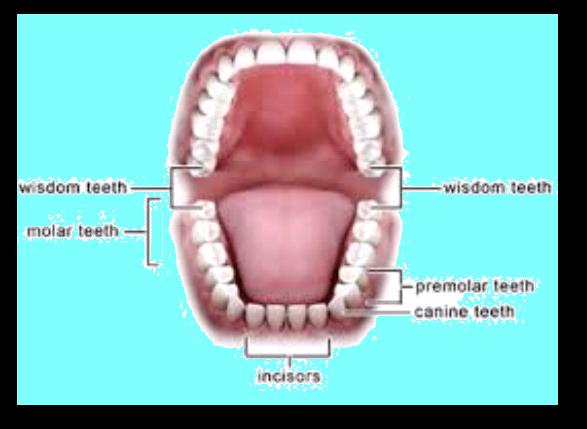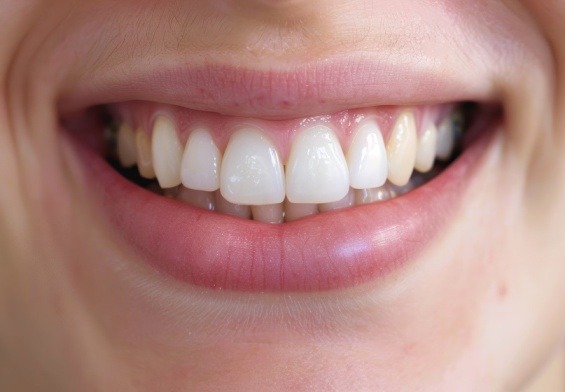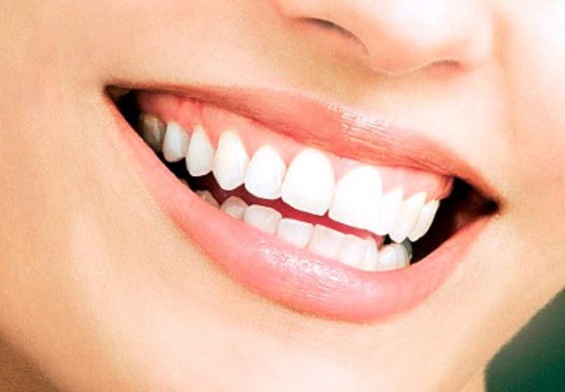If you’re a teenager or young adult in Livingston, you’ve likely heard about wisdom teeth. Also sometimes called third molars, they’re the last adult teeth to emerge. Usually, they appear in your late teens to early twenties, during late high school or early college.
Many people don’t think about wisdom teeth until they cause problems. Some people don’t have any issues with them. But most people face crowding, pain, or infection due to limited jaw space. This is why finding a reliable dentist in Livingston, NJ, is important.
In this post, we’ll explore what wisdom teeth are, why they cause trouble, and how to recognize warning signs. We’ll also go over what to expect during removal, and how to find the right dental experts in Livingston for your needs.
Understanding Wisdom Teeth
Wisdom teeth are the third set of molars, located at the back of your mouth. Most people develop four, one in each corner of the upper and lower jaw. These teeth emerge after the rest of your adult teeth are in place.
They’re named “wisdom teeth” because they appear later in life. But, they often cause more complications than the wisdom is worth.
Ancient humans needed these extra molars for chewing rough food like raw plants and meat. These days, our jaws are smaller, and the limited space leads to problems.
When wisdom teeth erupt without enough room, they can press against other teeth, grow at an angle, or remain trapped under the gums. This is why Livingston dental professionals pay close attention to them: to prevent potential damage.
Why Wisdom Teeth Cause Problems
Most jaws don’t have enough space for wisdom teeth. Studies show that a large percentage of young adults have at least one impacted wisdom tooth.
These molars can push against existing teeth, grow sideways, or become trapped. Impacted wisdom teeth can undo years of orthodontic work, damage nearby teeth, and cause pain.
They also make oral hygiene difficult, trapping food and bacteria, leading to cavities, gum disease, and infections. Over time, cysts can form in the jawbone, damaging bone and teeth.
These risks outweigh the benefits of keeping wisdom teeth for most people. Early evaluation by a dental expert in Livingston helps you create a proactive plan.
Recognizing Problematic Wisdom Teeth
Wisdom teeth don’t always cause pain or issues. But, when they do, there are clear signs. Recognizing these symptoms early plays a huge role in dealing with them.
Watch for:
- Pain or soreness at the back of your mouth
- Swollen gums or jawline
- Bleeding gums when brushing near your back teeth
- Bad breath or a bad taste in your mouth
These are signs of impaction or infection. If you experience these symptoms, talk to a wisdom teeth expert in Livingston.
When Removal Is Necessary
Not everyone needs their wisdom teeth removed. If your jaw has enough space and the teeth erupt straight, you may never have problems.
Yet, impacted or partially erupted teeth often cause more harm than good. Livingston dental professionals recommend removal to prevent pain, infection, and damage.
Removal is usually recommended if:
- Wisdom teeth are impacted or trapped
- They’re crowding or shifting other teeth
- You experience pain, swelling, or infection
- X-rays show decay or damage
- You’re planning orthodontic treatment
In some cases, your dentist might recommend monitoring instead of outright removal. Regular exams and X-rays can detect changes requiring future removal.
Discuss costs with your Livingston dental provider. Many insurance plans cover impacted tooth removal.
The Removal Process and Recovery
Wisdom teeth removal is a routine and safe procedure. Local anesthesia is typically used, with sedation options available for comfort.
The dentist makes a small incision to access the tooth. If necessary, they remove bone or section the tooth for easier extraction.
The procedure usually takes less than an hour. Stitches and gauze are used to control bleeding. You’ll return home the same day with recovery instructions from your Livingston dental professional.
Recovery involves a few days of swelling, soreness, and bleeding. Rest, elevation, and ice packs are recommended.
Consume soft foods and avoid straws or smoking to prevent dry socket. Most feel better within a week, with full healing taking a few weeks. Contact your Livingston dental professional for severe pain or infection.
Wisdom Teeth FAQs
Where can I find reliable wisdom teeth experts in Livingston?
Look for dentists in Livingston who specialize in oral surgery. Check patient reviews and ask about their experience. Choose a dentist who prioritizes your comfort and explains your care.
What are typical wisdom teeth removal costs in Livingston?
Costs vary based on how complex the removal is, the anesthesia used, and your insurance. Get a cost estimate by scheduling a consultation with a local dentist. Many insurance plans help cover this procedure.
How soon can I schedule a consultation in Livingston?
Many Livingston dental offices offer quick appointment scheduling. Call your preferred office to check availability. Some offices also offer online scheduling.
What post-operative care is recommended by Livingston dental professionals?
Livingston dentists advise eating soft foods after removal and keeping your mouth clean. They’ll also give you instructions for managing pain and swelling. Follow their advice for a good recovery.
Are sedation options available in Livingston?
Yes, many dentists in Livingston offer sedation for wisdom teeth removal. Options include local anesthesia, laughing gas, and IV sedation. Talk to your dentist about which option is best for you.
Taking Charge of Your Wisdom Teeth
Wisdom teeth, though small, can cause big problems. Early evaluation by wisdom teeth experts in Livingston is crucial. X-rays and regular check-ups help determine the best course of action.
Don’t wait for symptoms. Talk to your Livingston dental provider for a plan. Early intervention prevents unnecessary pain and costly treatment, protecting your smile.
Resources
InformedHealth.org [Internet]. Cologne, Germany: Institute for Quality and Efficiency in Health Care (IQWiG); 2006-. Wisdom teeth: Learn More – Should you have your wisdom teeth removed? [Updated 2023 Sep 5]. Available from: https://www.ncbi.nlm.nih.gov/books/NBK279590/
https://www.dental.columbia.edu/patient-care/patient-resources/dental-library/wisdom-teeth
InformedHealth.org [Internet]. Cologne, Germany: Institute for Quality and Efficiency in Health Care (IQWiG); 2006-. Overview: Wisdom teeth. [Updated 2023 Sep 5]. Available from: https://www.ncbi.nlm.nih.gov/books/NBK279591/
https://www.mayoclinic.org/diseases-conditions/wisdom-teeth/symptoms-causes/syc-20373808




